New delhi: Speaking at the Nasscom Technology and Leadership Forum (NTLF), Yardi emphasized the value of work-life balance and the necessity of adjusting to the demands of younger workers.
He recommended that workers put in nine hours a day, five days a week, for a weekly total of 47.5 hours.
Since L&T Chairman S N Subrahmanyan has advocated for a 90-hour work week and Infosys co-founder N R Narayana Murthy has been supporting a 70-hour work week, this idea is in sharp contrast to the opinions of other prominent figures in the sector.
Ashwin’s position stems from the conviction that increased production and employee satisfaction might result from a well-balanced work schedule.
He emphasized that a change in organisational strategy is required due to the demographics of IT personnel. The goal of this change is to satisfy younger workers’ expectations.
Yardi has supported a policy prohibiting email on weekends and a 47.5-hour workweek. He claimed that refraining from sending emails on the weekends has been his guiding philosophy for the previous four years.
Even in circumstances of escalation, he only makes an exception if the problem can be fixed over the weekend.
He admitted that he occasionally works on the weekends. He does not, however, send emails to staff members in order to save needless anxiety and sorrow.
The purpose of this policy is to guarantee that workers can enjoy their weekends free from the demands of work-related correspondence.
However, the divergent opinions of leaders like S N Subrahmanyan and N R Narayana Murthy draw attention to the continuous discussion about the best work schedule.
A more conventional attitude to work hours, which places a premium on longer working hours, is seen in Narayana’s support for a 70-hour work week and Subrahmanyan’s demand for a 90-hour work week.



















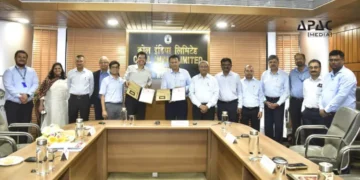




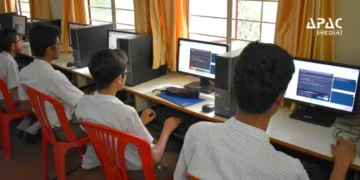

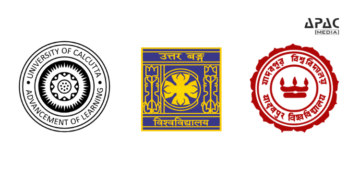



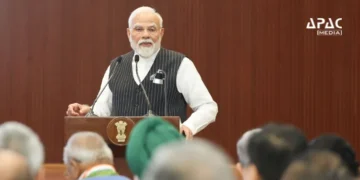

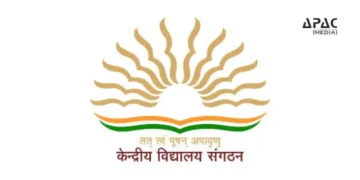













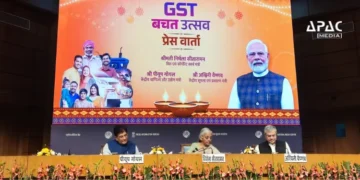
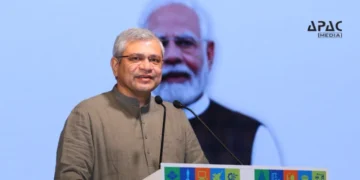
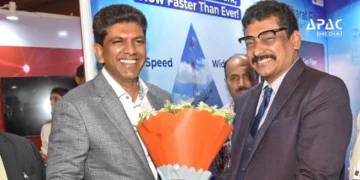
















Discussion about this post